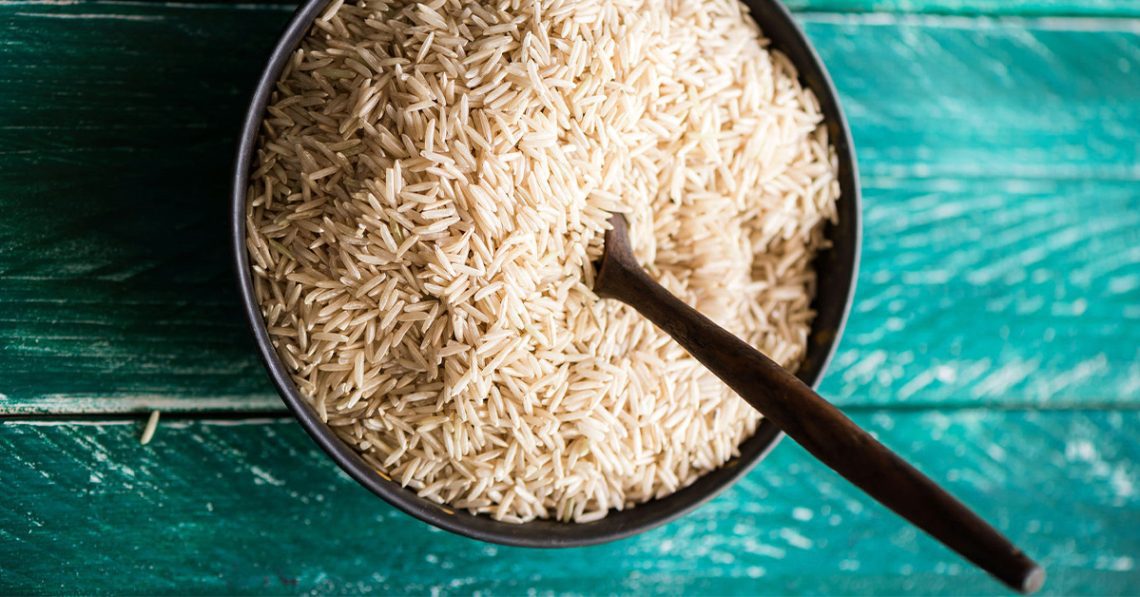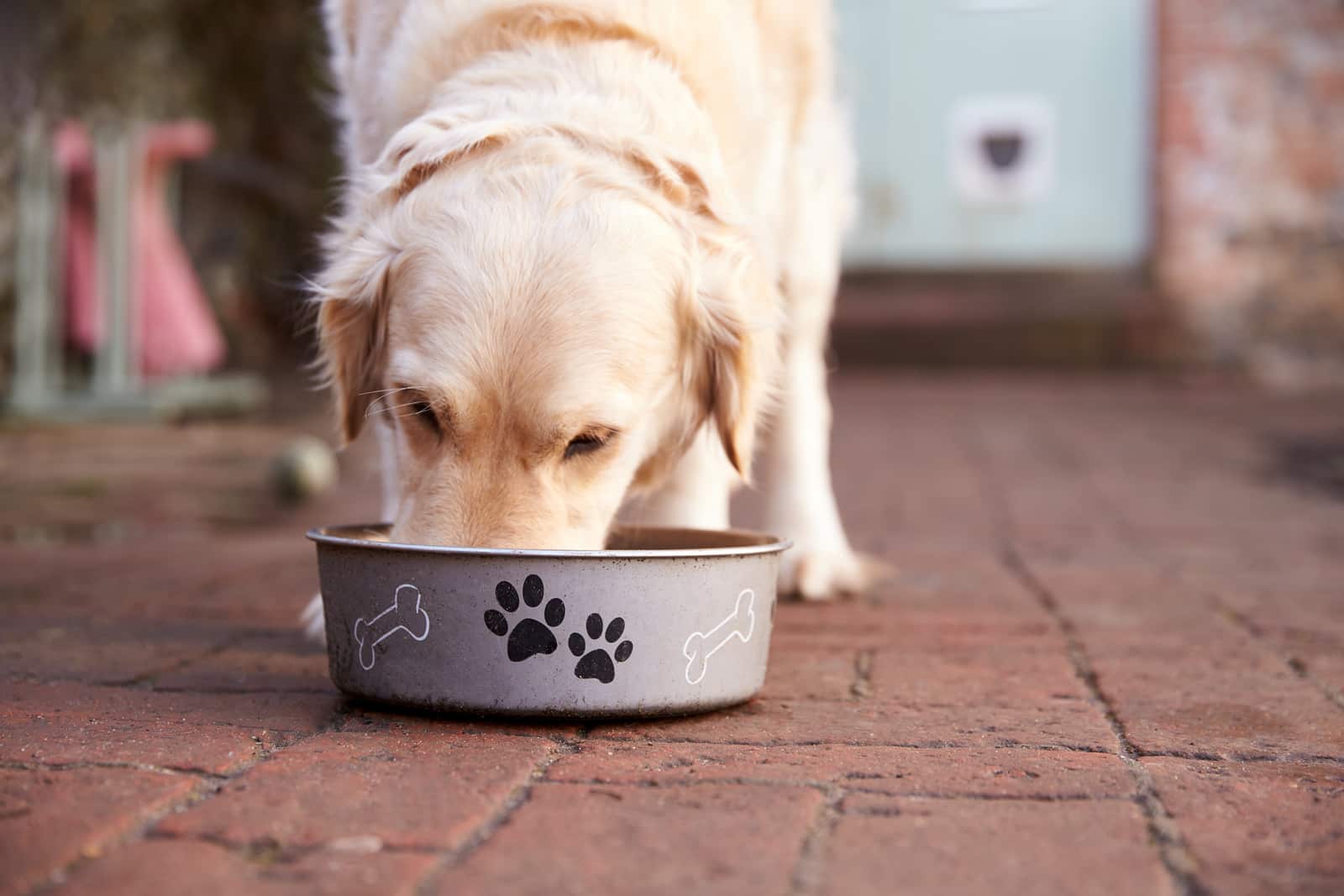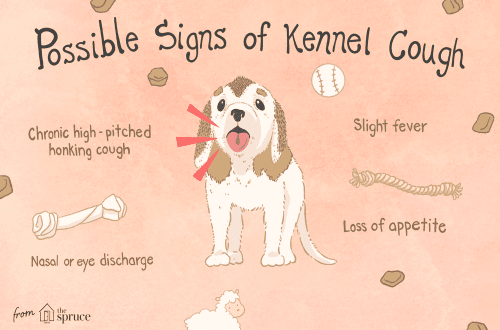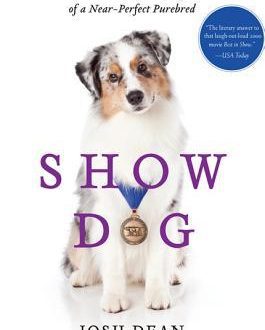
Brown rice for a dog: benefits and harms
Sometimes this grits can be found in the list of dog food ingredients. Can dogs eat brown rice? In short, yes.
It contains important nutrients for the overall health of your four-legged friends. What exactly are the ingredients that make it an important ingredient in many dog foods?
Contents
Benefits of Brown Rice for Dogs
Brown rice is rich in natural fiber, which aids in dog digestion. It is also an excellent source of carbohydrates, vitamins and minerals. In particular, brown rice contains vitamins D and B, which are essential for heart health. This superfood also contains essential minerals needed for dog health, including calcium, iron, and.
It is important that the correct balance of these nutrients is observed in the pet’s diet. So if brown rice is on the ingredients list of Hill’s® dog food, you can be sure that its inclusion is based on extensive research. Not only does Brown Rice meet Hill’s highest quality standards, but it is also properly balanced to meet your dog’s needs.
Brown Rice vs Brewing Rice: What’s the Difference?
Brown rice is obtained by removing the husk from the rice kernel, but leaving some of the bran intact. This is what gives it its brownish color. Brewing rice, so named because it is often used in the brewing industry, is a grain of white rice. Nutritionally, brewer’s rice is an excellent source of energy and contains protein and minerals.

White rice
The biggest nutritional difference between brown and white rice is that due to the bran, brown rice has more fiber. Unless rice is used as the main source of fiber in a pet’s food, any of these options will work for the dog.
Are dogs allergic to rice?
Yes, but this is rare. If a dog is allergic to rice or other grains, it may show symptoms such as itchy skin, hair loss, and ear infections. But similar symptoms may be caused by other allergies or other health problems. It is best to contact a veterinarian to find out what is really the matter, and in case of an allergy, suggest an alternative food.
When not to give your dog cereal
The popularity of grain-free foods has far outstripped the number of dogs diagnosed with allergies or sensitivities to grains. This hobby became popular around the same time as low-carbohydrate diets among people.
Veterinarians often hear from pet owners that they choose grain-free foods because grain is simply a filler that is added to pet food to keep prices low. This is absolutely not true.
Whole grains, such as brown rice, contain highly digestible nutrients that are important for dogs. Also, grain-free dog foods are still high in carbs because carbs are essential for a pet’s health.
That being said, some four-legged friends really should avoid grains. Be sure to consult with your veterinarian to find out which food is best for your dog.
So, can you give brown rice to your dog as part of a healthy diet? Answer: yes. It really provides the pet with useful nutrients – this is not just a cheap litter option.
When choosing a food, it is important to remember that it must meet the needs of the dog for a complete and balanced diet. Hill’s experts, including more than 200 veterinarians, nutritionists and nutrition scientists, work to develop new and improve existing products to provide pets with a long, healthy and fulfilling life.
Be sure to consult your veterinarian about food ingredients and not let fashion trends influence your opinion about choosing the right food for your dog.
Hill’s cares about the health of your pets and makes every effort to ensure that they receive high quality nutrition with carefully selected ingredients.





